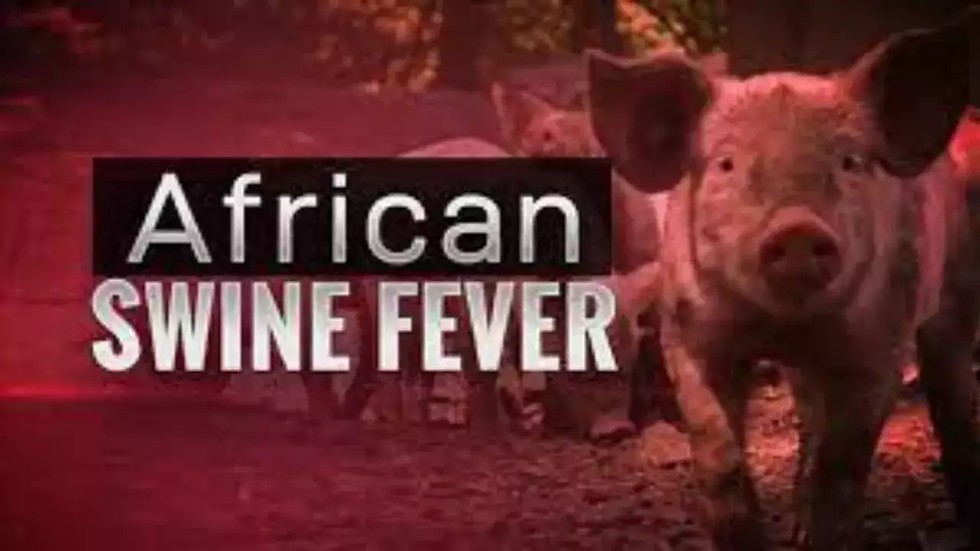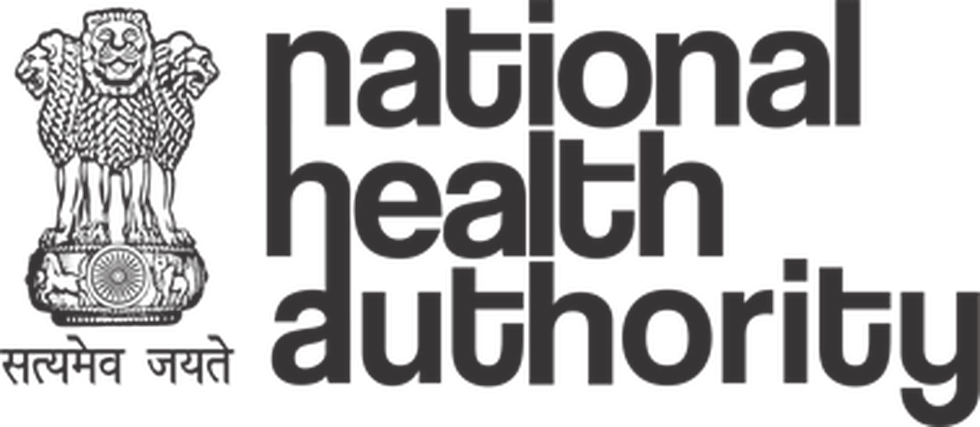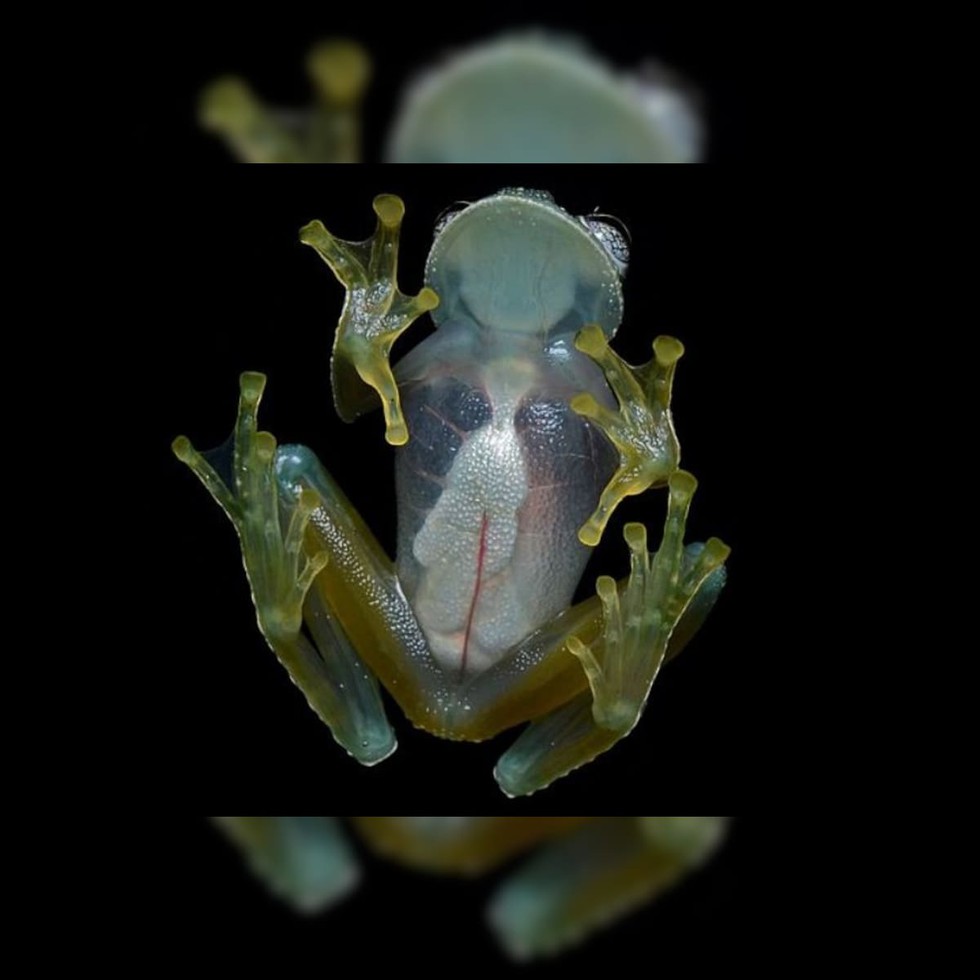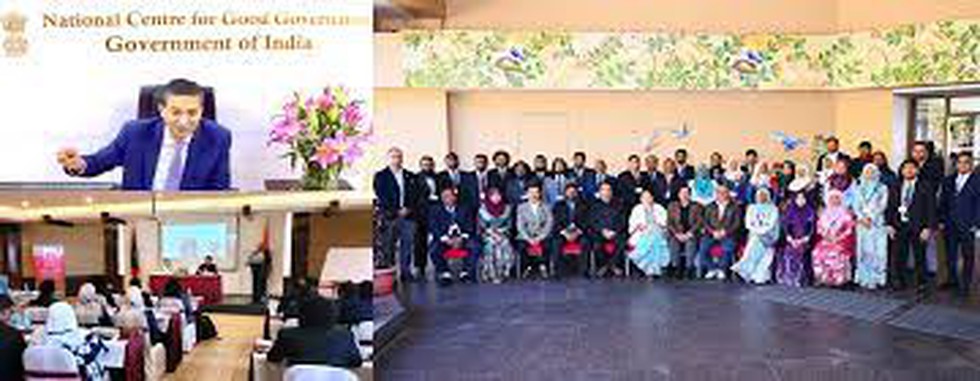
About :
- African swine fever (ASF) is a highly contagious viral disease of domestic and wild pigs, whose mortality rate can reach 100%.
- The virus belongs to Asfarviridae family.
- Symptoms : vomiting, Diarrhea,reddening or darkening of the skin, particularly ears and snout, gummed up eyes etc.
- African Swine Fever can be spread through:
- Direct contact with infected pigs, faeces or body fluid
- Indirect contact via fomites such as equipment, vehicles or people who work with pigs between pig farms with ineffective biosecurity.
- Pigs eating infected pig meat or meat products.
- Biological vectors - ticks of the species Ornithodoros.
- It is endemic to sub-Saharan Africa but has spread to many other regions of the world, including Asia and Europe.
- It is not known to affect human beings.
- There is no cure or precaution available for the infection and no approved vaccine So the only way to stop it spreading is by culling the animals.

About SPRINT Scheme:
- ‘SPRINT’ Scheme is an initiative to promote development of niche defence technologies by domestic companies.
- The task of development of this technology is one of the 75 challenges that have been introduced by the Indian Navy under Azadi ka Amrit Mahotsav last year.
- To achieve ‘Aatmanirbharta’ in defence, Naval Innovation and Indigenisation Organisation (NIIO), in conjunction with the Defence Innovation Organisation (DIO), aims to induct at least 75 new indigenous technologies/products into the Indian Navy till august 2023.
- This collaborative project is named SPRINT {Supporting Pole-Vaulting in R&D through Innovations for Defence Excellence (iDEX), NIIO and Technology Development Acceleration Cell (TDAC)}.
- It was launched by Prime Minister in July, 2022.
- It will transform Navy from a ‘Buyer’s Navy’ to a ‘Builder’s Navy.
Naval Innovation and Indigenisation Organisation (NIIO):
- Defence Ministry had launched the NIIO in August 2020, to encourage innovation and indigenisation for self-reliance in defence sector. It is a 3-tiered organisation:
- Naval Technology Acceleration Council (N-TAC) will bring together the twin aspects of innovation and indigenization and provide apex level directives.
- Working group under the N-TAC will implement the projects.
- Technology Development Acceleration Cell (TDAC) has been created for induction of emerging disruptive technology in an accelerated time frame.

About:
- The objective of the new system is to shift the focus of measuring performance of hospitals from volume of services provided to the value of healthcare services.
- The new initiative will introduce the concept of ‘value- based care’, where payment will be outcome based and providers will be rewarded according to the quality of the treatment delivered.
- Under the new model, the providers will be rewarded for helping the patients improve their health, which consequently will reduce the effects of disease in the population in the long term.
- Under value-based care, the performance of AB PM-JAY empanelled hospitals will be measured based on five performance indicators such as: 1. Beneficiary Satisfaction; 2. Hospital Readmission Rate; 3. The extent of Out-of-Pocket Expenditure; 4. Confirmed Grievances and 5. Improvement in-patient’s Health-Related Quality of Life.
What is National Health Authority (NHA)?
- It is the apex body responsible for implementing AB PM-JAY. It has been entrusted with the role of designing strategy, building technological infrastructure and implementation of “National Digital Health Mission” to create a National Digital Health Eco-system.
- It is the successor of the National Health Agency, which was functioning as a registered society since 2018. Pursuant to Cabinet decision for full functional autonomy, National Health Agency was reconstituted as the National Health Authority in January 2019.
- An attached office of the Ministry of Health and Family Welfare with full functional autonomy, NHA is governed by a Governing Board chaired by the Union Minister for Health and Family Welfare.
- It is headed by a Chief Executive Officer (CEO), an officer of the rank of Secretary to the Government of India, who manages its affairs. The CEO is the Ex-Office Member Secretary of the Governing Board.
- To implement the scheme at the State level, State Health Agencies (SHAs) in the form of a society/trust have been set up by respective States.

About:
- Dwarf boa belongs to the family Tropidophiidae living high in the cloud forests of northeastern Ecuador.
- The species is unusual for having a "vestigial pelvis" characteristic of primitive snakes and taken as evidence by some that snakes descended from lizards that lost their limbs over millions of years.
- Its habitat includes tropical piedmont and lower evergreen montane forests.
- Characteristics:
- The snake is alight brown in coloration with noticeable black blotches on the belly and muted blotches running down the back.
- Dark brown pigmentiaotn is found through the center of the head.

About:
- Glassfrogs live in the American tropics and are nocturnal amphibians that spend their days sleeping upside down on translucent leaves that match the colour of their backs — a common camouflage tactic.
- Their translucent skin and muscle allow their bones and organs to be visible – hence the name.
- Recent research has proposed that this adaptation masks the frogs’ outlines on their leafy perches, making them harder for predators to spot.
How do some animals become transparent?
- Transparency is a common form of camouflage among animals that live in water, but rare on land.
- In vertebrates, attaining transparency is difficult because their circulatory system is full of red blood cells that interact with light. Studies have shown that ice fish and larval eels achieve transparency by not producing haemoglobin and red blood cells.
- Glassfrogs use an alternative strategy. Resting glassfrogs increase transparency two- to threefold by removing nearly 90 percent of their red blood cells from circulation and packing them within their liver, which contains reflective guanine crystals.
- Whenever the frogs need to become active again, they bring the red blood cells back into the blood, which gives the frogs the ability to move around -- at which point, light absorption from these cells breaks transparency.

About Digital Communication Commission (DCC):
- It was set up by the Government of India via a resolution in 1989 with administrative and financial powers of the Government of India to deal with various aspects of Telecommunications.
- The Government re-designated the ‘Telecom Commission’ as the ‘Digital Communications Commission’ in 2018.
- Nodal Ministry: It is under the Ministry of Communication.
- Members: Consists of a Chairman, four full-time members, who are ex-officio Secretaries to the Government of India in the Department of Telecommunications and four part-time members who are Secretaries to the Government of India in the concerned Departments.
- The Secretary to the Government of India in the Department of Telecommunications is the ex-officio Chairman of the Digital Communications Commission.
Functions:
- Formulating the policy of the Department of Telecommunications for approval of the Government.
- Preparing the budget for the Department of Telecommunications for each financial year and getting it approved by the Government.
- Implementation of Government policy in all matters concerning telecommunication.

About Parshuram Kund Festival:
- It is a Hindu pilgrimage site situated on the Brahmaputra plateau in the lower reaches of the Lohit River and 21 km north of Tezu in the Lohit district of Arunachal Pradesh, India.
- Devotees and sadhus take a holy dip in its water each year on the occasion of Makar Sankranti, in January.
- It is also known as the Kumbh of the Northeast.
- Religious significance: It is dedicated to a mythological figure sage Parshuram. This popular festival attracts pilgrims from Nepal, from across India, and from nearby states of Manipur and Assam.
- The project “Development of Parasuram Kund is sanctioned under the Pilgrimage Rejuvenation and Spiritual, Heritage Augmentation Drive’ (PRASHAD) Scheme of the Ministry of Tourism.

What is National Centre for Good Governance?
- It is an autonomous institute under the aegis of the Department of Administrative Reforms and Public Grievances, Government of India.
- It has been set up to assist in bringing about governance reforms through studies,
- It seeks to carry out policy-relevant research and prepare case studies
- It curates training courses for civil servants from India and other developing countries;
- It provides a platform for sharing existing knowledge and proactively seeking out and developing ideas for their implementation in the government, both at the National & International levels.
- It is governed by a Governing Body, under the Chairmanship of the Cabinet Secretary.

What is G20 Global Partnership for Financial Inclusion (GPFI)?
- The meeting will be attended by G20 member countries, guest countries and international organizations invited by India.
- It will focus on topics like digital financial inclusion, reducing remittance costs, and finance for the SME sector.
- The three-day event will feature symposiums, exhibitions and a domestic outreach programme on digital financial literacy involving over 1,800 school students.
- 12 international speakers will attend the G20 meeting. Institutions like NABARD will highlight the rural area coverage of innovative financial products and services.

About MV Ganga Vilas:
- The luxury cruise will cover a distance of more than 3,200 kilometres across 27 river systems in five States in India and Bangladesh.
- The 51 days cruise is planned with visits to 50 tourist spots including World Heritage Sights, National Parks, river Ghats, and major cities like Patna in Bihar, Sahibganj in Jharkhand, Kolkata in West Bengal, Dhaka in Bangladesh and Guwahati in Assam.
- The MV Ganga Vilas vessel is 62 meters in length and 12 meters in width. It has three decks, and 18 suites on board with a capacity of 36 tourists, with all the amenities to provide a memorable and luxurious experience for the tourists.
- The ship follows sustainable principles at its core as it is equipped with pollution-free mechanisms and noise control technologies.





























































































































































.png)
.png)
.png)
.png)
.png)


.png)
.png)
.png)





.png)
.png)






.png)
.png)
.png)
.png)
.png)
.png)
.png)
.png)
.png)

.png)







.png)
.png)


.png)
.png)
.png)


.png)

.png)
.png)





.jpg)

.png)
.png)


.png)

.png)
.png)
.png)

.jpg)

.jpg)


.png)

.png)
.png)
.png)
.png)
.png)
.png)
.png)
.png)
.png)
.png)




.png)

.png)





.png)
.png)
.png)
.png)
.png)
.png)
.png)
.png)
.png)
.png)
.jpg)
.jpg)

.png)
.png)
.png)
.png)
.png)
.png)
.png)
.png)
.png)
.png)
.png)
.png)
.png)
.png)
.png)
.png)
.png)
.png)
.png)
.png)
.png)
.png)



.png)
.png)

.jpg)
.jpg)


.jpg)
.jpg)
.jpg)
.jpg)
.jpg)

.jpg)








.jpg)
.jpg)
.jpg)
.jpg)
.jpg)

















.jpg)
.jpg)







.jpg)
















.jpg)
.jpg)





























































































.jpg)
.jpg)


























.jpg)

.jpg)










.jpg)








.jpg)




.jpg)










.jpg)


















.jpg)












































.jpg)














.jpg)
.jpg)
.jpg)





.jpg)

.jpg)
.jpg)





































































.jpg)


































.jpg)
.jpg)
















































.jpg)












.jpg)


.jpg)




.jpg)
.jpg)
.jpg)

.jpg)
.jpg)
.jpg)
.jpg)

.jpg)
.jpg)
.jpg)

.jpg)
.jpg)
.jpg)
.jpg)
.jpg)
.jpg)
.jpg)
.jpg)

.jpg)


.jpg)
.jpg)
.jpg)
.jpg)
.jpg)
.jpg)
.jpg)
.jpg)
.jpg)
.jpg)











.jpg)
.jpg)





.jpg)
.jpg)
.jpg)
























.jpg)
























.jpg)









.jpg)
.jpg)







.jpg)
.jpg)









































.jpg)
.jpg)
.jpg)
.jpg)
.jpg)

.jpg)
.jpg)
.jpg)
.jpg)
.jpg)


.jpg)
.jpg)
.jpg)
.jpg)
.jpg)

.jpg)
.jpg)
.jpg)
.jpg)
.jpg)
.jpg)
.jpg)
.jpg)
.jpg)
.jpg)
.png)

.png)
.png)

.png)
.png)
.png)
.png)


.jpg)
.jpg)

.jpg)
.jpg)
.jpg)

.png)
.png)
.png)
.png)
.png)
.png)
.png)

.png)
.png)
.png)
.png)
.png)
.png)
.png)
.png)
.png)
.png)





































































-min.png)



.png)




.png)








































